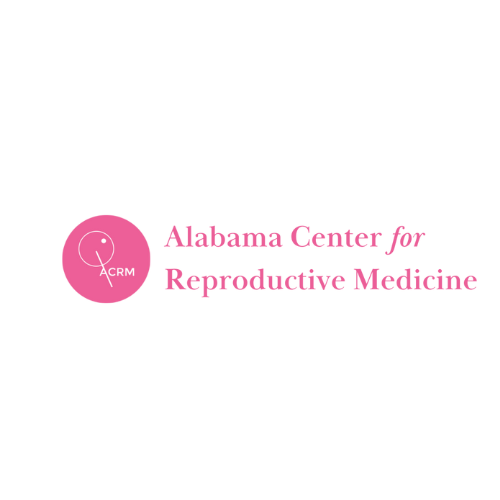Schedule a Consultation!
Fill out this short form below and someone from our staff will call you to schedule your consultation. Thank you!
The notion of experiencing “fertility issues” can feel overwhelming. Suddenly, this picture of how you always believed your life would unfold has been complicated—even compromised. The options existing before you to remedy any fertility issues may even seem downright frightening. This doesn’t feel like what you signed up for. This, in fact, is the complete opposite of the “fun” you thought trying to conceive would be.
Still, with the hope of bringing a new life to love into the world, you find yourself considering your options and trying to choose the best path for you. One of those options may be intrauterine insemination (IUI), a common first line fertility treatment in which the sperm is placed directly into the uterus to make it easier for the sperm to travel to the egg and fertilize it.
The process works like this: the woman takes ovarian stimulation medication to promote the growth of an egg and improve her fertility. About an hour before the insemination, the male partner’s semen will be collected, and the sperm will be separated from the fluid. Then the fertility specialist will gently inject the sperm into the woman’s uterus, giving it a better chance of fertilizing the egg than a completely natural fertilization. Since a woman’s eggs only have a short lifespan, the insemination takes place 24 to 36 hours before ovulation to improve the chances of conception.
For women who have problems with ovulation or men with issues with semen or ejaculation as well as a number of other fertility challenges, IUIs are a relatively simple option for fertility treatment. IUI may be one of the first options your fertility specialist will consider—though a combination of IUI and IVF is not unusual for a treatment plan. It’s one of the least complicated “doctor-assisted” procedures. When you compare it to In Vitro Fertilization (IVF), you’ll notice that an IUI treatment doesn’t involve directly injecting the sperm into the egg—it’s still a natural fertilization. For IVF procedures, the sperm is directly injected into the egg in a lab and then placed in the woman’s uterus.
IUIs are also a fraction of the cost of an IVF treatment and more likely to be covered by health insurance. However, IUIs have a lower success rate than the more complex and time-consuming IVF process. IUIs usually have no more than a 10-20 percent success rate vs. a 50 percent success rate for some IVF procedures, though the success rate also depends on the woman’s age and what type of methods are used.
Some questions you’ll want to ask regarding IUIs are as follows: Where will the sperm be implanted in the woman’s body? What drugs will be used to help the process along? How long will the process take overall? Different clinics will have different techniques and success rates, and you’ll want to ask about success rates in your consultation.
If they are good candidates for IUI, many patients will try an IUI before IVF. It’s a great option for couples and individuals who want to conceive—especially as a first line fertility treatment. An IUI is a more comfortable, less complicated, and more affordable option than other fertility treatments—and you may be able to get pregnant with a few cycles without ever having to undergo more invasive treatment options.
Ready to explore in more detail how an IUI can help you get pregnant? Get in touch with a fertility specialist at the Alabama Center for Reproductive Medicine to explore fertility treatments that will work best for your needs. Schedule a consultation at 205-307-0484.
Fill out this short form below and someone from our staff will call you to schedule your consultation. Thank you!

